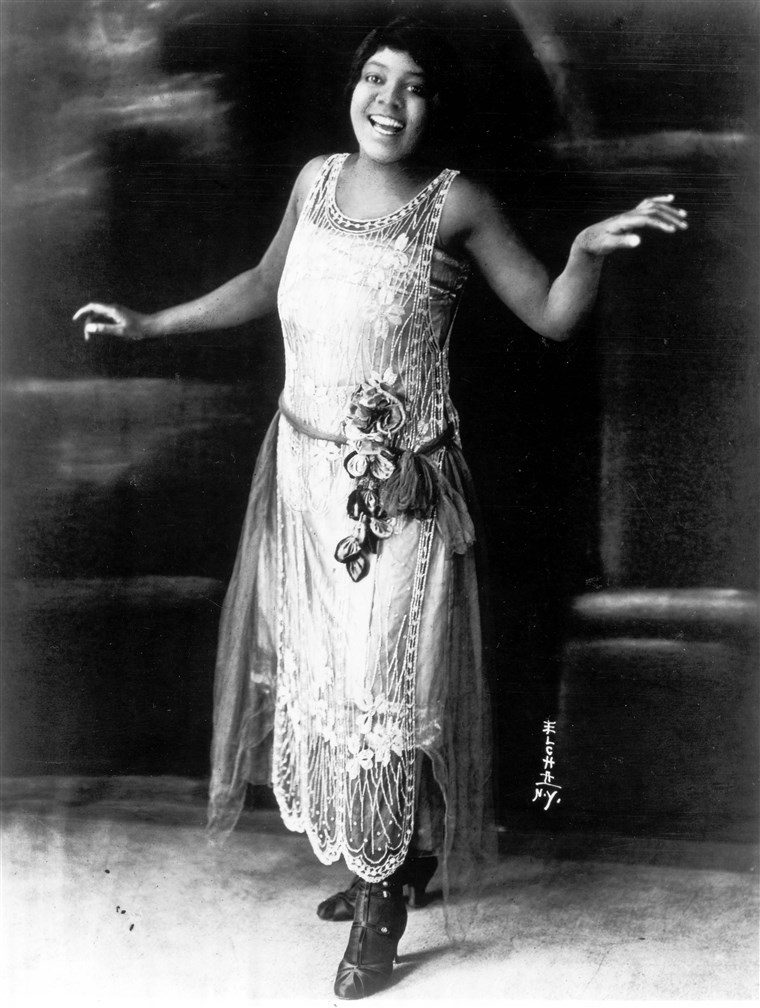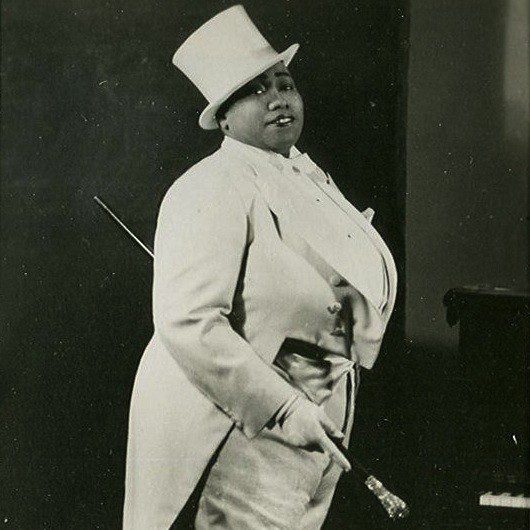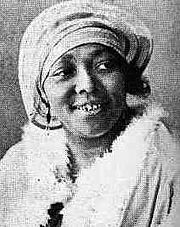The Blues contained one of the most emotionally-expressive and creative artists in its time. Originating in the deep-southern roots of the Mississippi Delta post-slavery, the blues gave artists the opportunity to express the many negative outcomes caused by black oppression in America. As well as addressing issues, female artists began integrating emotions that dealt with recurring misogyny and gender norms. As the genre evolved through the 1920s, women, in particular, began to profit off of freely integrating sexual thoughts in their music. This was not a problem, simply an introduction to what most of our current music contains to this day. As many music marketing companies know, as well as support from simple human psychology, sex sells. With this theme, in such socially premature times, the blues also allowed many women to become open about their sexual orientation. Blues artists, such as Bessie Smith, Ma Rainey, and Bessie Jackson created a musical platform that allowed them to fully express their identity in the blues.
“I know women that don’t like men/The way they do is a crying sin/It’s dirty, but good, oh, yes, it’s dirty, but good/There ain’t much difference, it’s just dirty, but good.”



In all regards, it is necessary to recognize the amount of free expression Bessie Smith, Ma Rainey, and Bessie Jackson exemplified in the blues genre; not only as women, but sexually-liberated black women. Other researchers have acknowledged their significant influence in black female music by creating bio-pics, such as Bessie directed by Dee Rees, staring Queen Latifah. Without their infinite amount of courage in music, we would not have legends like Queen Latifah, Lil Kim, or even upcoming icon, Megan The Stallion. We now have the power and slightly-reformed society that must protect black women at all costs, despite sexual-orientation or musical expression.


Login to your account